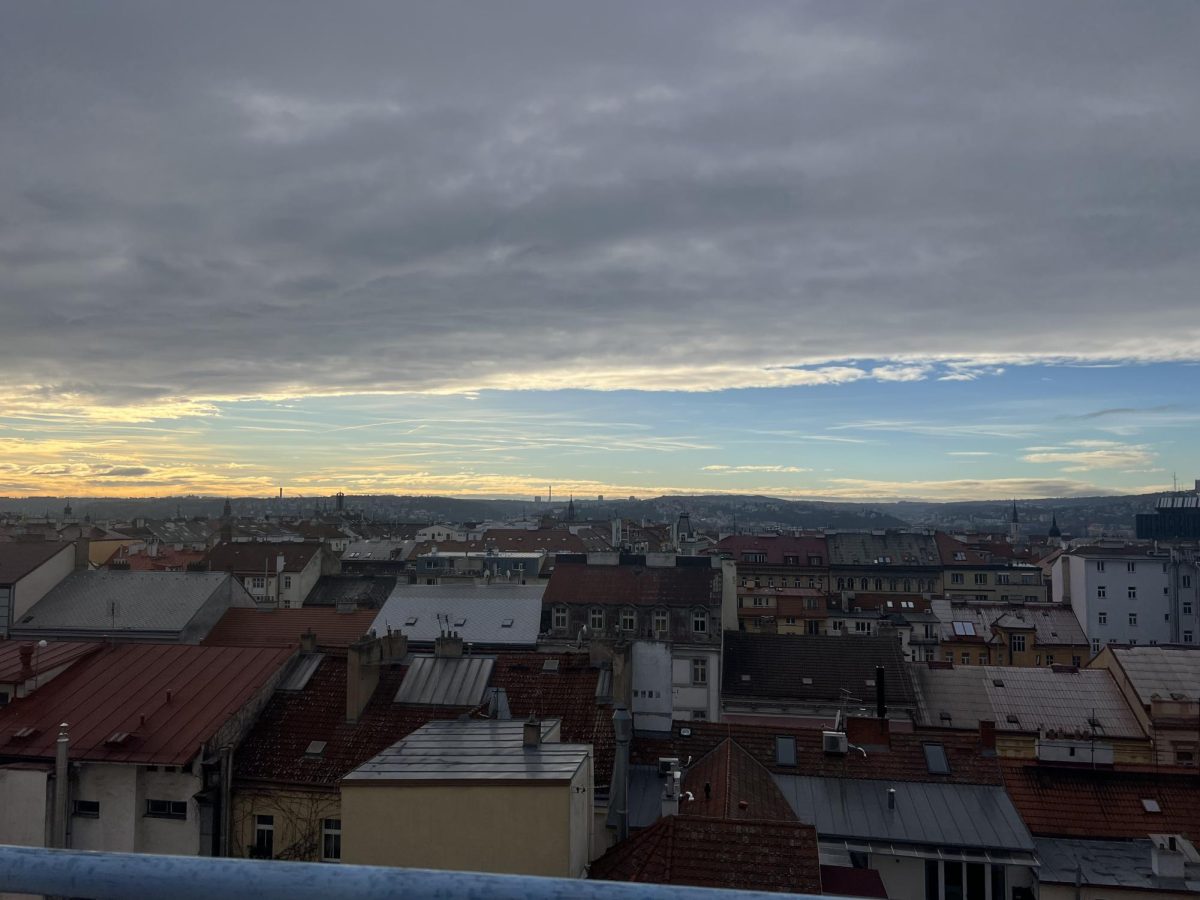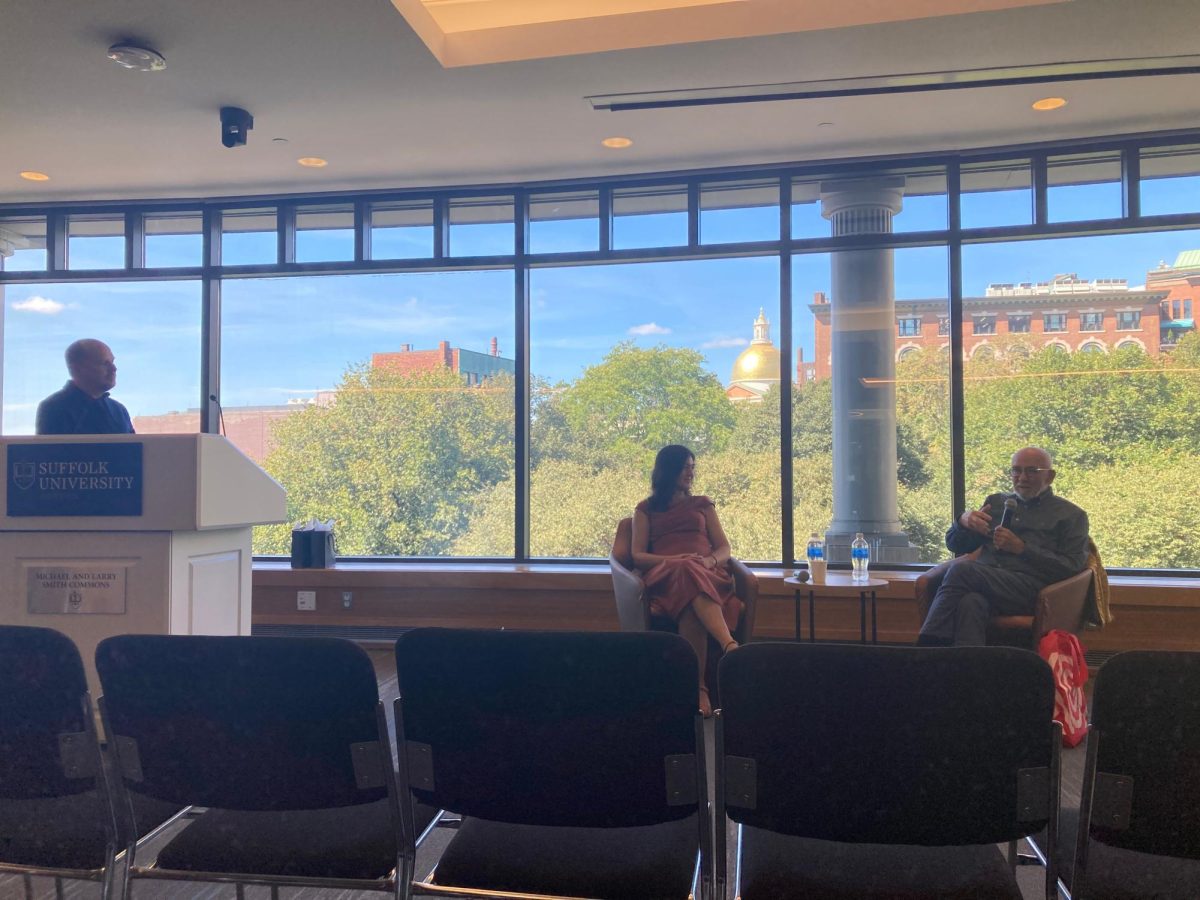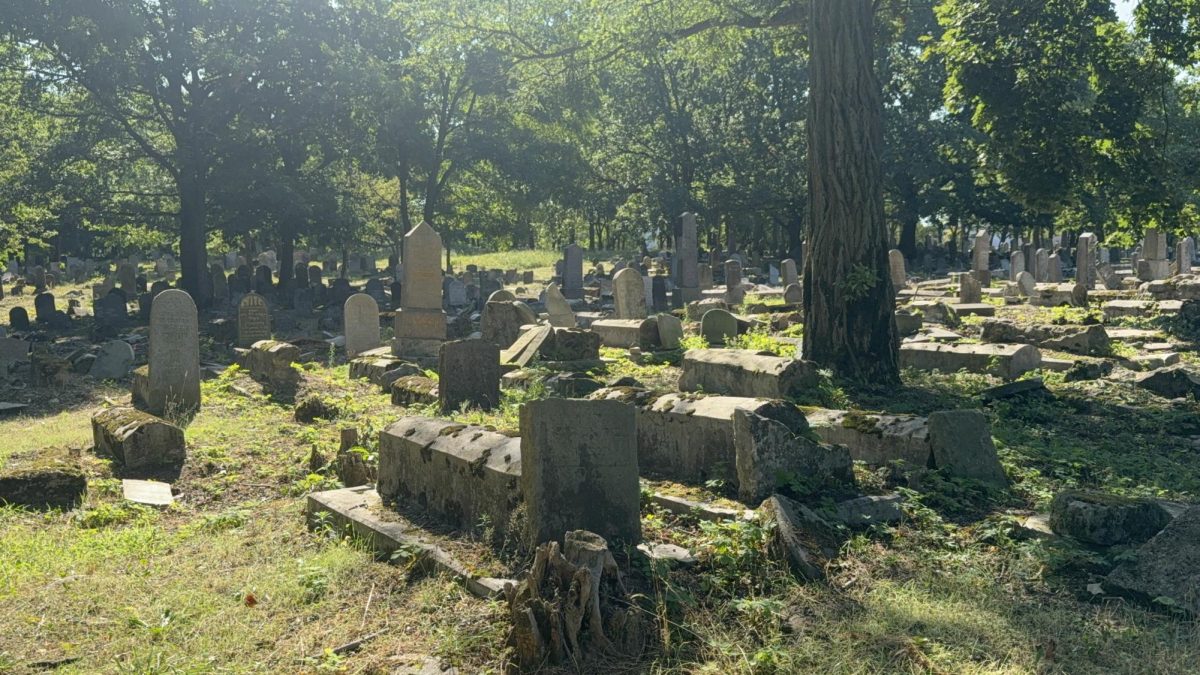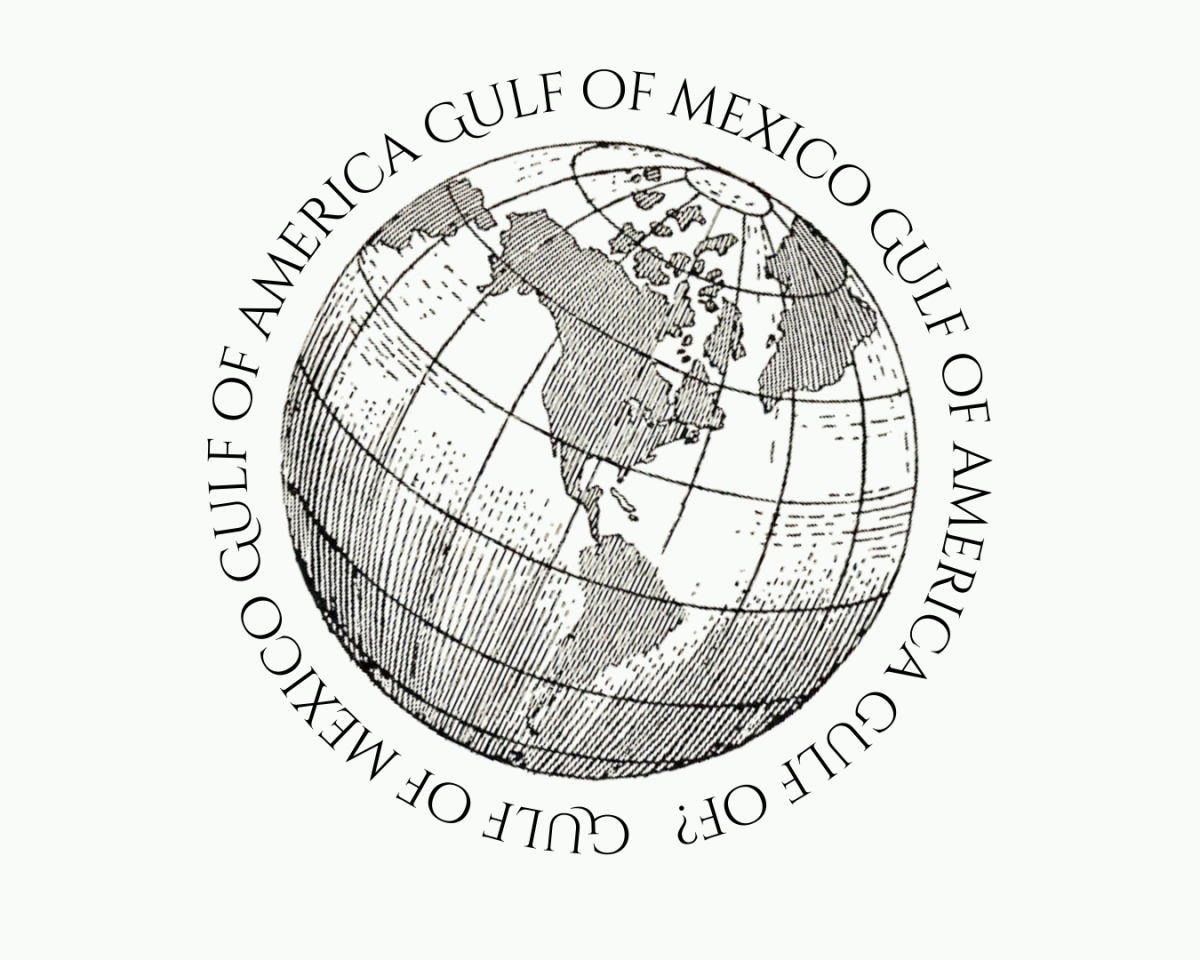I do not think that my adolescent self would ever think when I grew up I’d be embarrassed to be an American, introducing myself in a foreign country with my homeland whispered under my breath.
I remember as early as preschool dressing in red, white and blue around Memorial Day to sing “Yankee Doodle” while waving a miniature American flag as my parents sat in the audience, recording as if we were a great chamber choir singing a masterpiece. Instead, it was a shrieking rendition of “God Bless America” that would be encored with “You’re a Grand Old Flag” and patriotic confetti we’d then find around the house far past the Fourth of July.
But a lot of things have changed since preschool, and with adulthood comes the realization of what being an American means and how others perceive it as well.
In my first few weeks studying abroad in Prague, Czech Republic, I was met with a cultural shock that I had been warned about prior to my departure. During information sessions hosted by Suffolk University’s study abroad office, the roster of typical presentations including visa information, safety and healthcare tips, and the guidelines of abroad education were introduced, but also a section dedicated to how to answer questions about the United States political climate.
I was surprised to be involved in an educated discussion based on how to answer questions about U.S. politics ranging from the current presidency to laws, from people not only in my host country but across the world that I may encounter in my time studying here.
I wasn’t prepared to actually use these skills or deal with the outside perception of America, because going abroad is so fun and adventurous that worrying about back home was put on the back burner, right?
It did not take long for my innocent thought to be proven wrong, as I then became an outsider watching my news feed fill with headlines full of fearful adjectives regarding the White House and Congress.
Staring at the homepage of the Boston Globe was nothing new, however, what was new was the awareness that came with my typical American accent: it indicated that I was in the minority in the Czech Republic, even at my English-speaking university that housed students from across the globe.
I am by no means afraid for surrounding students and citizens to know I am an American and am blessed to be able to travel freely and study in this country with a fairly simple visa process. Instead, I am embarrassed that during attendance when I say my name and introduce myself it will follow with questions from my peers during break sessions, asking what it’s like to be from the United States in such ‘trying times.’
Declaring myself as a Boston resident during my initial week of orientation for the spring semester was a fun game of the fifty states since a majority of exchange students at the University of New York in Prague this semester seemed to also be from the United States. We huddled around yelling out city names, knowing it meant we were probably born an hour or two outside whatever city capital we claimed, but why would someone from Texas know the small city bordering Rhode Island that I grew up in?
Political talk was off the table because we had all been fleeing our country in hopes of new experiences and different perspectives until our return in May.
This excitement was slowly diminished within my second day of classes when during a rest session between lectures a classmate of mine went on a rant about how “grimy” America had become, and that all of the U.S. exchange students were better off staying here. They were not from the U.S. or the Czech Republic, but their home did not matter to me, the hateful words about where I had spent the first twenty years of my life did.
I am not typically patriotic, and if there is any time to rethink my nationalist status it is now, where no matter who you voted for, our country is divided. Yet, I found myself biting my tongue.
It got me thinking about what they may see when they imagine the United States. Was their opinion of my home country always so low or did the current media change their view?
I was angry and confused, texting all of my friends back home asking how someone could generalize an entire nation with such certainty, and thinking back if I was ever guilty of doing the same.
When I think of home I think of Boston, I think of the skyscrapers and all of the amazing people I’ve met there. I think of the mountains I learned to ski on in Maine. I think of weekends with my family down on the beaches of Cape Cod, and every other vacation I’ve taken from Montana to Florida and California.
The beautiful landscapes, the songs I grew up listening to on the radio and everyone I have back home.
But then I realized that is probably not the America they think of when I let go of the “r”s in my words, or when my roommate’s southern accent peaks out in discussion.
They think of those headlines I so commonly stare at in the morning with my coffee, and nothing else.
So how can I blame them for stereotyping America during our 20-minute break in a general psychology course when they’ve never seen the nostalgic pieces of my country that make it worth fighting for?
In our current political climate, it may seem like all is lost and if not, that a fight has begun.
Either way, it can feel hopeless and exhausting.
But one thing I have taken away from this small piece of an outsider’s perspective is that the United States is still the same land it was a couple of months ago, and for me, luckily, it’s still the home to the same people as well.
So as much as I am loving my semester abroad, I will be coming back after finals, not because of my expired visa, but because I think Americans like myself still have a reason to be homesick.
















Kerry Najarian • Feb 16, 2025 at 6:30 pm
I can appreciate the sentiment expressed by this student. In 1991 I was studying approached in Switzerland (the neutral country of Switzerland) when the US starting bombing Iraq.
Being outside of the US, surrounded by European and Asian Students – you hear lots of opinions and misconceptions.
It’s a good reminder for all of us not to stereotype others.
Enjoy your time abroad and I am sure you will return home with a new perspective and understanding of the importance of the reputation of the United States in the World.